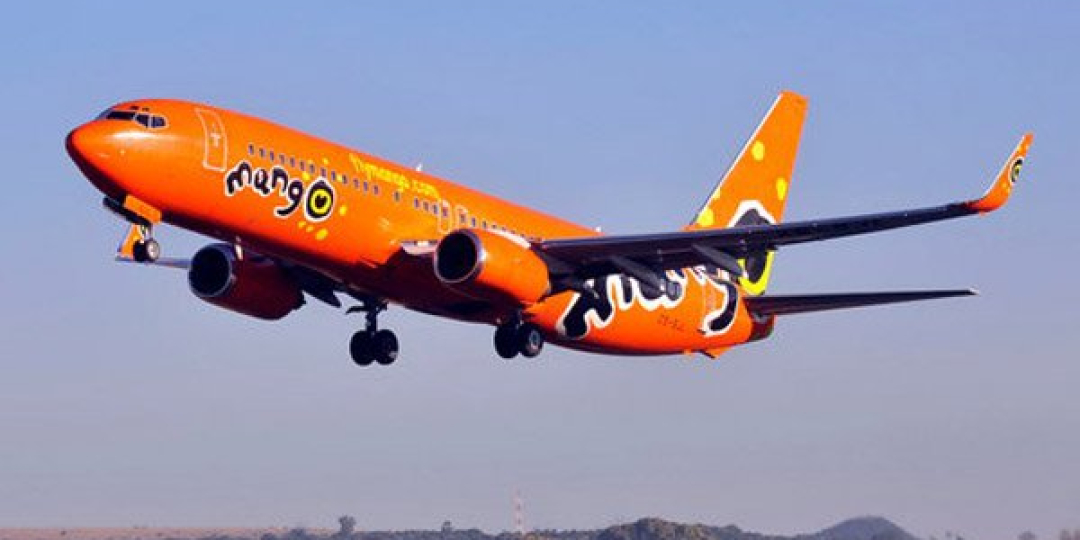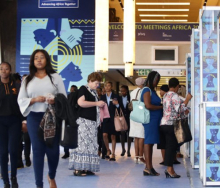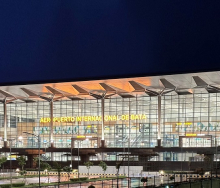Mango, Air Chefs and SAAT are one step closer to receiving the R2,7bn bailout that government is trying to appropriate from SAA’s business rescue funds despite presentations by civil action groups who say that the appropriation will subvert Section 152(4) of the Companies Act.
The Special Appropriation Bill, introduced during February, has now been passed by the National Assembly and has been transferred to the National Council of Appropriations for concurrence before the moving to the President’s office for his signature.
The Standing Committee on Appropriations heard presentations from The University of Johannesburg’s (UJ) College of Business and Economics and Outa, giving their concerns about the passing of the bill.
“Companies Act subverted”
Outa argued that the public has a direct interest in how state entities are run and when public funds are used to bail out SOEs. “The purpose of our submission is to ensure that the SAA Business Rescue plan, which makes it clear that all of the R10,5bn of business rescue funding must be transferred to SAA in order to meet its restructuring costs, and does not authorise the diversion of R2,7bn, is correctly implemented,” stated Advocate Stefanie Fick, representing Outa.
Advocate Fick argued that there was a conflict between the provisions of section 152(4) of the Companies Act and the Special Appropriation Bill. She explained that Section 152(4) states that a business rescue plan that has been adopted is binding on the company, and on each of the creditors of the company and every holder of the company’s securities. She argued that the Special Appropriation Bill, in seeking to divert funds allocated to SAA to its subsidiaries, which is not sanctioned under the Business Rescue Plan, would subvert the requirements of section 152(4).
“If government wants to allocate funding to the subsidiaries, the business rescue plan should have made express reference to the reallocation of the R2,7bn,” argued Outa.
Creditors lose out
In its presentation, the UJ College of Business and Economics said that the Appropriations Bill would have a significant impact on SAA’s business rescue plan, as appropriating R2,7bn from the R10,5bn that had been allocated to SAA would mean that SAA would be unable to pay its creditors. This implied that this amount would have to be provided to the affected creditors sometime in the future.
“SAA’s ordinary concurrent creditors, including unflown ticket holders and frequent flyer credit holders, will lose out. Mango’s creditors will be paid out whilst SAA creditors will not be paid. This implies that further money will have to be appropriated for SAA at a later stage to pay off existing SAA creditors,” said UJ College of Business and Economics Research Associate, Dr Joachim Vermooten, in his presentation.
“There is no Mango Act, by means of which the state should establish and maintain a low-cost carrier airline. This means that there is no legal obligation to provide funding for Mango. Government is not empowered to dish out money just for any purpose, it must comply with the Public Finance Management Act prescripts on investments. Mango’s current status should be clearly disclosed together with realistic projection of future results and funding requirements and details of how this will fit in with overall government priorities,” said Joachim. He also asked on what basis this appropriation should provide Mango creditors with 100% of the debt owing, which was not even done for SA Express and SAA creditors, who were only offered 7,5 cents in the Rand.
Joachim called for the government to motivate the funding of a LCC airline in direct competition with SAA’s domestic flights. He pointed out that this bailout came at a time when the domestic air transport market was overtraded with low levels of market demand. “Will Mango be allowed to continue to lose money as no restructuring plan has been announced? Should it not be sold instead?” he asked.














